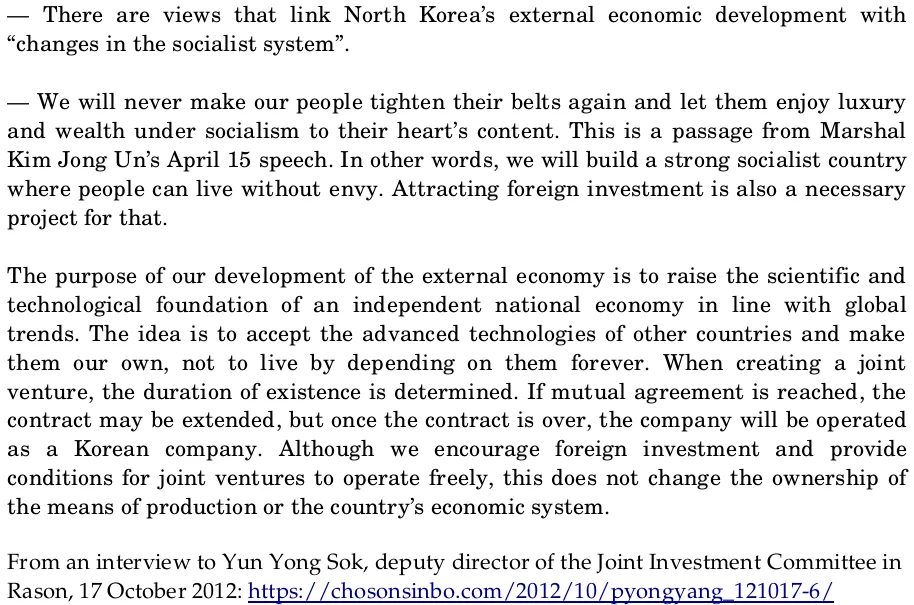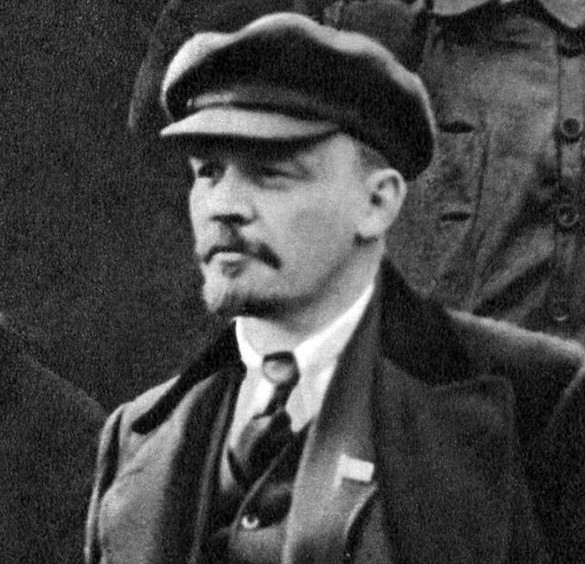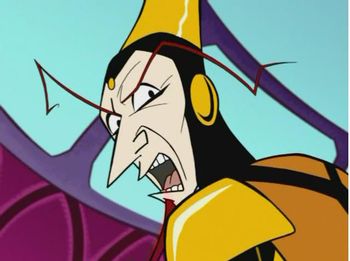I’m just wondering what their views are on other AES countries since they welcome private investment, except for DPRK of course
Most of the time any “anti-revisionist” that denounces the DPRK will also denounce Cuba. There are some that support the DPRK but not Cuba because Cuba is much laxer with markets than the DPRK. Since Cuba’s industry isn’t as self-sufficient as the DPRK’s, the economy requires markets for foreign investment and to fill the gaps of the state sector. This alone will turn many “anti-revisionists” away from even critical support of Cuba. DPRK’s markets meanwhile were much more limited in scope; in my personal experience if a Maoist is calling the DPRK revisionist it’s mostly due to the Juche ideology rather than the markets.
By the way, the DPRK does allow foreign investment, though it does so very carefully:

In my experience, they tend to consider Cuba a “Soviet sugar plantation” or some such. Because they have 0 interest in understanding material conditions they believe that Cuba should not have traded with the USSR and should’ve focused entirely on being a completely self-sufficient agrarian idyll or something. They give their usual cries of “revisionism” with regards to Cuba because again, the concept of a country needing to adapt to changing material conditions is one they refuse to consider. They also tend to dislike the DPRK for “revisionism” as well, usually because Juche isn’t enough like their special little anarcho-maoist-hoxhaist idealism.
BlackRedGuard and a bunch of other ultras consider cuba “soviet compradors” or a “soviet colony”. But ya I agree with everyone else, ultraleftists have no consistent policy when it comes to who they denounce, which is usually why they also denounce each other with 20+ page long incomprehensible maoist diatribes.
I know one who denounces all AES but the DPRK
In the UK at least, no.
The ones i’ve interacted with actually seem to focus on the most, to there own determent, on positive coverage of Cuba.
Like I agree, we should support cuba; but every demo you do should not be about Cuba, they will handout leaflets at these demos with anti-china lines in them about the ‘Imprealist Chinese’, its ridiculous.
I interviewd about joining one a while ago and they asked me to hand out pro-cuba leaflets that had anti-china messaging in it for some reason, in the poorest area of my city. I asked why not focus on stuff people actually know and care about there, like private property and shit.
They just blanked me and asked if id do it, never bothered to engage with them further other than to sometimes read there lit (transphobic, anti-AES for the most part)
Just liberals who covered themselves in a red flag honestly, its more productive for me to engage with renters and work unions in the UK at least.
Yes and no. Their views on Cuba are contradictory and very individual based. It’s one thing that shows how different strains of “anti-revisionism” is nothing but subjective and silly idealist stuff
Not exactly the same, but the SWP are trots who for some reason love Cuba (but denounce all other AES and anti-imperialist struggles).
love Cuba (but denounce all other AES
Many such cases
Depends on the “anti-dengist”. I believe most “anti-dengists” (Maoists especially) denounce Cuba due to introducing private property, that or Castro never called his revolution “socialist” but rather “bourgeois democratic”, thus Castro cannot be a Marxist-Leninist. This is stupid. Not to mention that Maoists also tend to believe that Cuba is a sugar colony.
Those same “Maoists” would have denounced Mao himself for the idea of New Democracy and the policies he adopted toward the national bourgeoisie. What all ultras have in common is that they refuse to take real material conditions into account, and this results in their inability to conceive of any sort of tactical flexibility as anything other than “betrayal”, a straying from the purity of the dogma. They live in a world where reality and the constraints it imposes are irrelevant and all that matters is having the perfect ideas; in short they are idealists.
Some do, some don’t.










